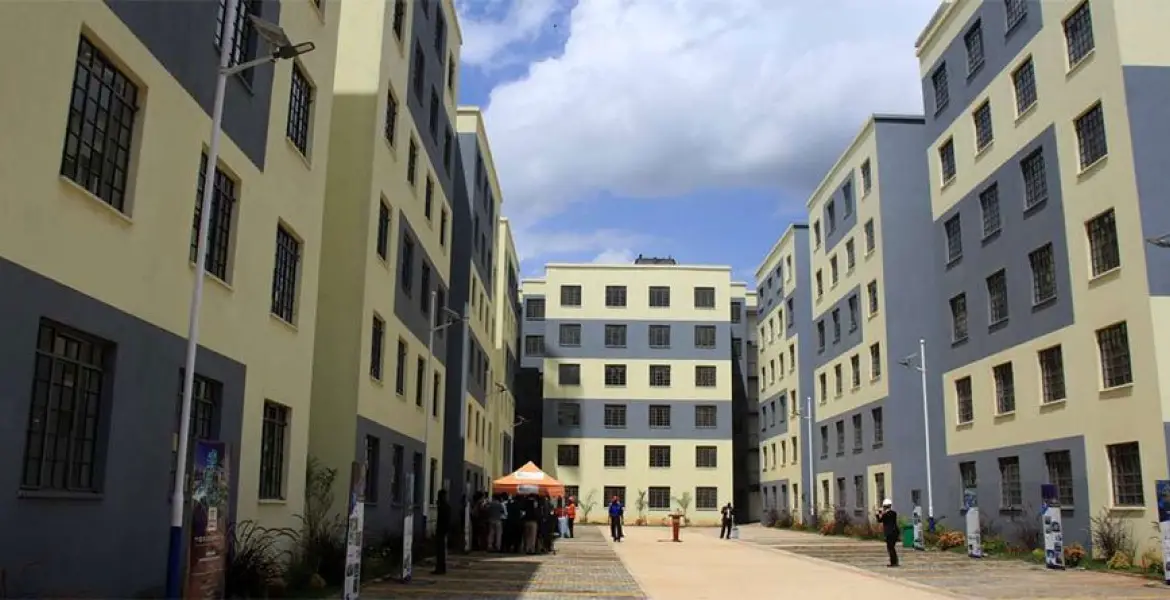The affordable housing initiative in Kenya was launched back in December 2017. This was in a bid to address the East African country’s housing deficit which currently stands at 200,000 units per annum. The goal was to construct and deliver 500,000 housing units by December 2022. However, the government delivered less than 3,000 units through the Pangani and Park Road projects.
Reportedly, the deficit in the delivery of affordable housing units is due to several challenges. The challenges primarily stem from financial constraints. To generate funds, the government is thus looking at multiple avenues. These avenues include mandatory contributions to the National Housing Development Fund.
Also Read: Boma yangu affordable housing programme (AHP) in Kenya
This plan was unveiled in the 2023 Finance Bill. The government proposed an introduction of a new amendment in Section 31 of the Employment Act. The amendment recommends a 3.0% deduction on the basic monthly salaries of both public and private sector employees. This will be matched with another 3.0% from their respective employers. However, the total deduction should not exceed Kshs 5,000.
The contribution will be directed to National Housing Development Fund (NHDF). From the latter, they will facilitate the implementation of the affordable housing initiative in Kenya. Additionally, the contribution will offer affordable financing solutions for employees that qualify to purchase affordable housing units.
Who will be eligible for the affordable housing units in Kenya and what will happen to the ineligible contributors’ contribution
The bill proposed the Cabinet Secretary for Housing and Finance formulate new regulations for the qualifications of eligible members in the affordable housing initiative.
There is an existing regulation where the state will run a lottery system each year to allocate the available houses. Reportedly, this system allows for fair distribution and thus prevents contributors at an advantaged position (financially or influentially) from acquiring more units and perhaps renting them out.
Contributors who are not eligible for the affordable housing units in Kenya will wait for seven years or until retirement to transfer the funds to a retirement benefits scheme or a pension scheme fund. Additionally, they can transfer the contributions to persons eligible for affordable housing, their spouses and dependent children. Alternatively, they can choose to receive their savings in cash as part of their income. This however will be subject to taxation at the prevailing rates.
Noteworthy, the contributions will also get a rate of return based on the returns made by the fund at the prevailing conditions of the economy.
Regardless of how promising this amendment looks, it has been met with criticism by many Kenyans. Some say that it will overburden employees and have adverse effects on employment owing to the current economic challenges. Others insist that they are at various stages of their lives and their priorities differ especially when it comes to housing.

Leave a Reply